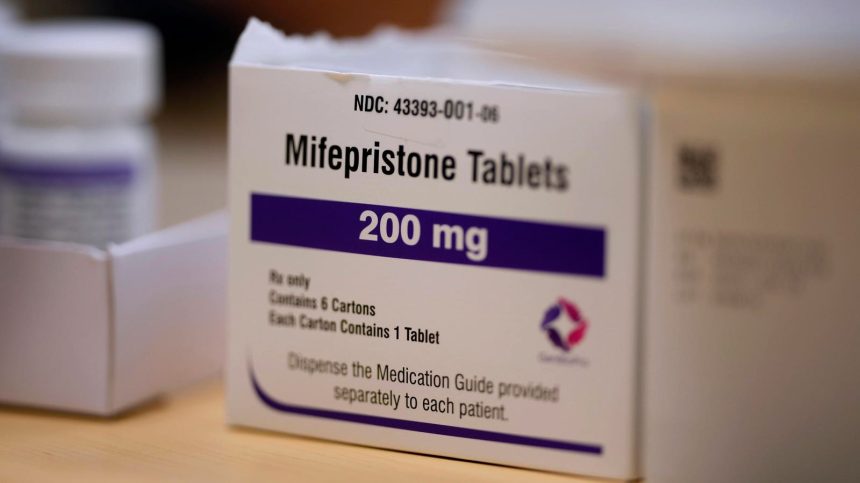The indictment of a New York doctor by a Louisiana grand jury marks a significant escalation in the legal battle over abortion access in the post-Roe era. Dr. Margaret Carpenter, a family medicine practitioner and co-founder of the Abortion Coalition for Telemedicine (ACT), faces charges of criminal abortion for allegedly prescribing mifepristone, an abortion medication, to a minor in Louisiana. This case is unprecedented, representing the first instance of a doctor facing criminal charges for providing abortion pills across state lines since the overturning of Roe v. Wade. The indictment not only challenges the legality of interstate abortion care but also directly tests the efficacy of shield laws enacted in states like New York to protect abortion providers from legal repercussions in states with restrictive abortion laws.
The charges stem from an incident in April 2024, where the minor’s mother allegedly requested abortion medication online from Dr. Carpenter, who then mailed the medication to Louisiana. The mother subsequently administered the medication to her daughter. Louisiana, which has implemented a near-total abortion ban without exceptions for rape or incest, classifies mifepristone as a controlled dangerous substance. Consequently, the grand jury also indicted the minor’s mother and Dr. Carpenter’s practice, Nightingale Medical, PC, on charges of criminal abortion. This case underscores the heightened legal risks faced by both providers and individuals seeking abortion care in states with restrictive abortion laws and highlights the complex legal interplay between states with differing abortion policies.
The case has quickly become a focal point in the ongoing national debate surrounding abortion access. New York Governor Kathy Hochul has publicly vowed to protect Dr. Carpenter, citing the state’s shield laws passed in 2023 specifically to safeguard providers offering abortion care to out-of-state patients. Hochul’s stance sets the stage for a potential interstate legal conflict as Louisiana pursues prosecution. Conversely, Louisiana Attorney General Liz Murrill has affirmed the state’s commitment to enforcing its abortion ban, emphasizing the illegality of sending abortion pills into the state and coercing individuals into having abortions. This clash of legal perspectives underscores the deep divisions across the nation regarding abortion access and the potential for interstate legal battles over the issue.
The indictment has broader implications for the future of abortion access, particularly regarding the accessibility of medication abortion. Medication abortion, which typically involves a combination of mifepristone and misoprostol, has become increasingly prevalent since the overturning of Roe v. Wade. It offers a less invasive alternative to surgical abortion and allows individuals in states with restrictive laws to access abortion care without traveling out of state. This case could significantly impact the availability of medication abortion if interstate provision is criminalized, further limiting abortion access for individuals living in states with bans.
This case also sets a precedent for the interpretation and enforcement of shield laws. Several states have enacted shield laws similar to New York’s in an attempt to protect abortion providers operating within their legal boundaries. The outcome of this case could significantly influence the effectiveness of these laws and determine whether they can truly shield providers from prosecution in other states. If Dr. Carpenter is extradited and convicted, it could discourage providers in states with shield laws from offering telemedicine abortion services to out-of-state patients, further restricting access to care.
Furthermore, the case raises questions about the evolving role of telemedicine in abortion care. Telemedicine has become a crucial tool for expanding access to abortion, especially in areas with limited or no abortion clinics. However, the legal challenges surrounding interstate telemedicine abortion are becoming increasingly complex, as demonstrated by this case. The outcome of this case could have significant implications for the future of telemedicine abortion and its ability to bridge the gap in access for individuals living in states with restrictive abortion laws. The intersection of technology, healthcare, and legal restrictions will continue to be a contentious battleground in the fight over abortion access.



